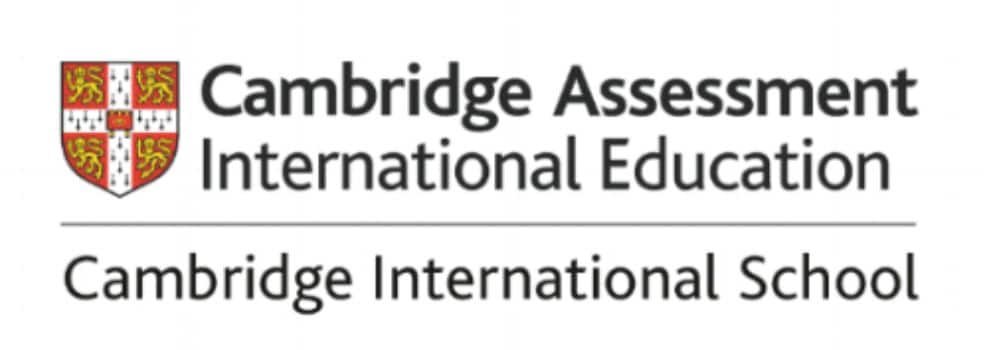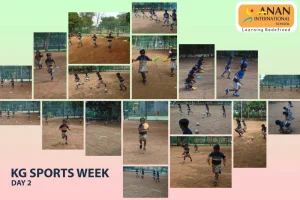The pandemic has disrupted early childhood education, affecting children’s optimal development. According to an article published by UNICEF, at least 40 million children in the pre-school years missed out on early childhood education during the pandemic.
There is no denying that school closures caused tremendous learning loss among students, irrespective of their age and social standing.
According to research conducted by the Observer Research Foundation, the shift to remote learning has led to a regression in learning; it recommends reopening schools at the earliest possible age, reshaping curriculum to emphasize foundational learning and skills, grouping children based on learning abilities, and changing assessments from grade-level tests to proficiency assessments.
Why early education is crucial
As much as 90% of brain development happens from birth to age 5. This is when the child needs constant attention from parents, teachers, and the people closest to them. It is during this time that the child develops personal, emotional, and social skills vital to the child’s involvement with the world outside.
Physical, mental, and social Development
When exposed to a conducive environment, young children establish a meaningful connection between their inner and outer worlds.
Whether it is social distancing, lack of community interaction, or whatever, the truth is that children are less likely to engage in social interactions and physical play.
Engaging kids in age-appropriate play-based activities like role-plays and sensory activities promote their psychological, physical, and emotional growth, enhancing their emotional well-being and improving their communication, empathy, and self-esteem skills.
The importance of Routines
Routines are vital to a child’s development. A structured schedule will help a child focus, become disciplined, and learn responsibility.
A timetable that outlines dedicated time for learning, meals, activities, naps, and other tasks facilitates a smooth transition to school.
Embracing the change
The pandemic called for the mastery of digital skills, a crucial one for the 21st century. As a result, teachers have up-skilled, and children have embraced the change.
Even after the schools reopen, educators may use hybrid-learning strategies to combine the best of online and offline learning.
Not only will the hybrid model engage the child better, but it will also help build continuity in the post-pandemic world and help schools adjust to staggered working hours. A hybrid learning model will also ensure additional parental attention as a part of the learning journey.
Constant Post-Pandemic Support
Parent involvement is crucial to facilitate a consistent learning environment and reinforce learning.
Access to home learning resources allows parents to monitor and contribute to their child’s learning journey. Further, a proper feedback and feedforward mechanism makes it easier to reach goals.
Bottom line
While there could be a lot for a child to catch up on, teachers and parents must understand that children learn at their own pace. Hence, allowing them to explore and choose their learning path is key.
We, as teachers and parents, need to concentrate on helping our children become school-ready rather than covering the curriculum.






